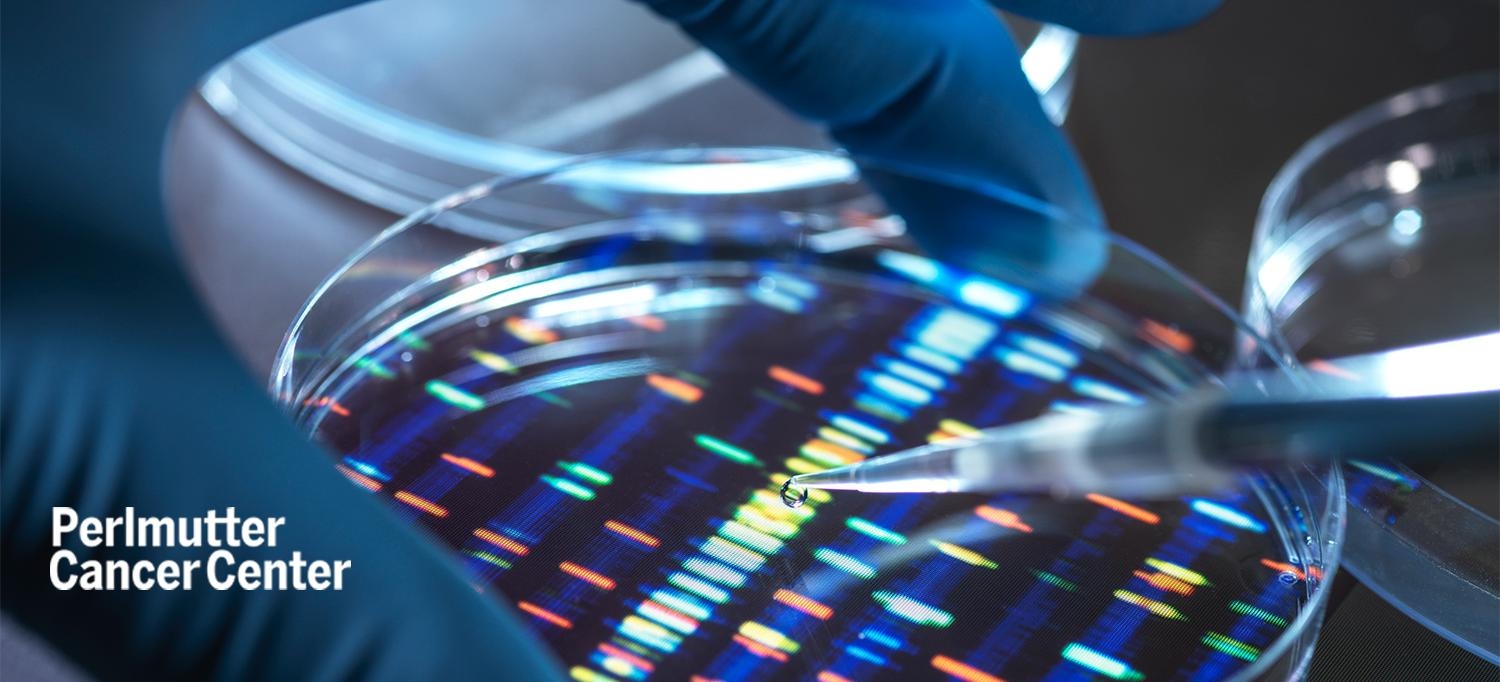We reach more than 65,000 registered users in Dec!! Register Now

Key Genetic Code Change Drives Common Lung Cancer Type
- May 24, 2023
- 1 Views
- 0 Likes
- 0 Comment
A team led by researchers at NYU Langone Health’s Perlmutter Cancer Center has identified a gene that drives development of the second most common type of lung carcinoma, offering greater insight into how the disease might someday be treated.
There is currently no approved, targeted, first-line therapy for lung squamous carcinoma (LUSC), a cancer type that forms in cell layers lining the organ and is responsible for 20 to 30 percent of lung carcinoma deaths. But the new study, published in the January 9 edition of Cancer Cell, found that deleting a gene called KMT2D caused normal (basal) lung cells grown in complex cultures called organoids to transform into LUSC cells.
According to the study authors, KMT2D regulates the activity of genes that enable the building of protein tyrosine phosphatases, enzymes that restrain the cell growth–encouraging signals sent through another enzyme set called receptor tyrosine kinases (RTKs). Two RTKs, called EGFR and ERBB2, are known to take part in the abnormal activation of the RTK-RAS signaling pathway, wherein a molecular switch often gets “stuck in the on mode,” causing cells to continually multiply as part of cancer.
“Our study identifies KMT2D as a pivotal contributor to the development of lung squamous cancers, and offers vital clues about how to target KMT2D-deficient LUSC,” says co-corresponding author Kwok Kin-Wong, MD, PhD, director of the Division of Hematology and Medical Oncology at NYU Grossman School of Medicine. “The same genetic changes that cause the gene to contribute to cancer also create tumors that are very sensitive to existing drugs that target a related pathway.”
New Approaches Suggested
The new study confirms prior evidence that the KMT2D gene encodes a protein (a histone methyltransferase) that determines the degree to which the tyrosine phosphatase genes can be accessed by the cellular machinery trying to read them.Given the better understanding of LUSC mechanisms resulting from the new study, the research team chose to test in study mice a combination of two drugs—SHP2 inhibitor SHP099 and pan-ERBB inhibitor afatinib. ERBB is made more active by KMT2D signaling flaws, and the enzyme SHP turns up the RTK-KAS pathway, much like EGFR and ERBB2, which are rendered more active by the lack of KMT2D. The team reasoned that experimental drugs designed to inhibit SHP might also counter the effect of KMT2D deficiency when used alongside the ERBB inhibitor.
Indeed, they found that the combination slowed lung tumor growth in mice with LUSC that had been engineered to lack KMT2D, as well as in tumors in mice derived from the human LUSC tumors with KMT2D mutations.
“Multiple SHP2 inhibitors are currently testing in clinical trials, and afatinib is already available,” says co-corresponding author Hua Zhang, MD, PhD, formerly an instructor in the Department of Medicine at NYU Grossman School of Medicine, and now an assistant professor in the Department of Medicine, Division of Hematology and Oncology, at University of Pittsburgh School of Medicine and UPMC Hillman Cancer Center. “Our findings warrant the design of clinical trials that test these therapies in KMT2D-deficient patients with LUSC.”
Along with Dr. Wong and Dr. Zhang, study authors from Perlmutter Cancer Center were Yuanwang Pan, Han Han, Hai Hu, Yuan Hao, Ayushi Patel, Selim Misirlioglu, Sittinon Tang, Hsin-Yi Huang, Ke Geng, Ting Chen, Angeliki Karatza, Fiona Sherman, Kristen Labbe, Fan Yang, Alison Chafitz, Chengwei Peng, Vamsidhar Velcheti, Sally Lau, and John T. Poirier. Another NYU Langone Health author was Andre L. Moreira in the Department of Pathology.
Also contributing were study authors Hua Wang, Xinyuan Tong, Chenchen Guo, Pengfei Sui, and co-corresponding author Hongbin Ji from the State Key Laboratory of Cell Biology, Shanghai Institute of Biochemistry and Cell Biology, Center for Excellence in Molecular Cell Science, Chinese Academy of Sciences, in Shanghai, China. Also authors were Haiquan Chen in the Department of Thoracic Surgery, Fudan University Shanghai Cancer Center, Shanghai, China; Yueiqiang Song, State Key Laboratory of Genetic Engineering, School of Life Sciences, Zhongshan Hospital, Fudan University, Shanghai, China; J. Alan Diehl, Department of Biochemistry, Case Western Reserve University and Case Comprehensive Cancer Center, Cleveland; Anil Rustgi and Adam Bass from the Herbert Irving Comprehensive Cancer Center, Department of Medicine, Vagelos College of Physicians and Surgeons, Columbia University Irving Medical Center; and Xiaoyang Zhang, in the Department of Oncological Sciences, Huntsman Cancer Institute, University of Utah.
List of Referenes
- Yuanwang Pan, Han Han, Hai Hu, Hua Wang, Yueqiang Song, Yuan Hao, Xinyuan Tong, Ayushi S. Patel, Selim Misirlioglu, Sittinon Tang, Hsin-Yi Huang, Ke Geng, Ting Chen, Angeliki Karatza, Fiona Sherman, Kristen E. Labbe, Fan Yang, Alison Chafitz, Chengwei Peng, Chenchen Guo, Andre L. Moreira, Vamsidhar Velcheti, Sally C.M. Lau, Pengfei Sui, Haiquan Chen, J. Alan Diehl, Anil K. Rustgi, Adam J. Bass, John T. Poirier, Xiaoyang Zhang, Hongbin Ji, Hua Zhang, Kwok-Kin Wong. KMT2D deficiency drives lung squamous cell carcinoma and hypersensitivity to RTK-RAS inhibition. Cancer Cell, 2023; 41 (1): 88 DOI: 10.1016/j.ccell.2022.11.015
Cite This Article as
No tags found for this post









